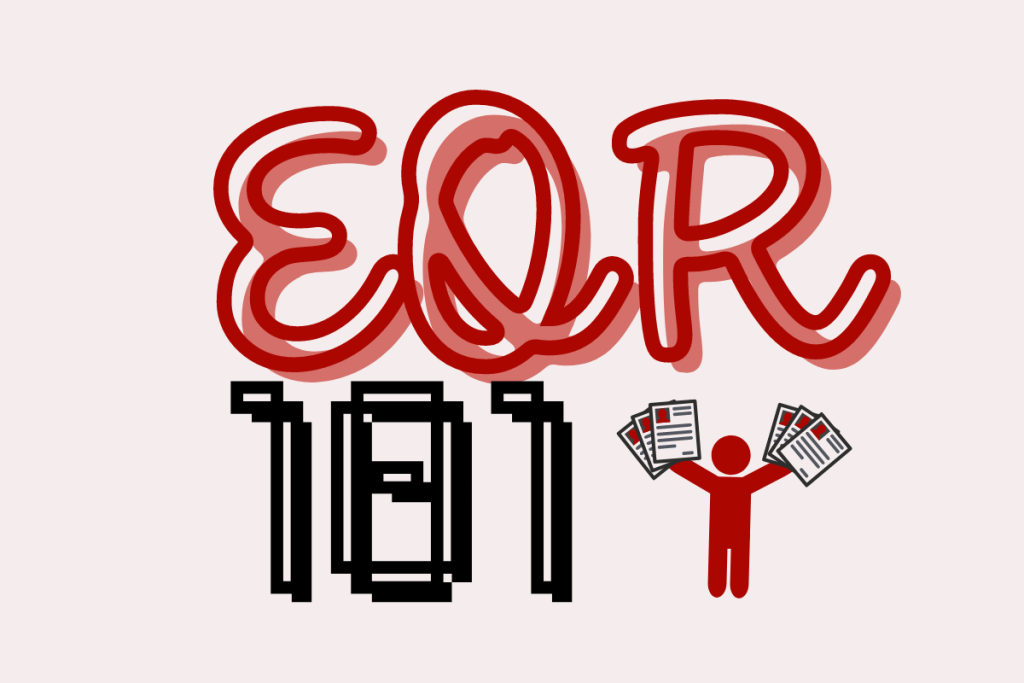I. Introduction
Freelancer and contractor are two increasingly popular forms of remote work in today’s fast-paced, technologically advanced landscape. This trend has seen remarkable growth, particularly following the COVID-19 pandemic. A 2023 report from MBO Partners highlights a 20% increase in the independent workforce in the United States, bringing the total to 26 million people—a staggering 73% rise since 2019. Remote work offers numerous advantages to both businesses and employees, including enhanced flexibility and increased productivity. According to Buffer’s State of Remote Work report in 2022, an impressive 97.6% of remote workers express a desire to maintain this work arrangement at least part-time throughout their careers. This preference is especially pronounced in the tech sector, where developers frequently collaborate through code-based interactions, demonstrating the industry’s adaptability and efficiency in remote environments. The ongoing scarcity of skilled developers in technologically advanced countries further compels companies to seek talent from diverse regions, thereby increasing the prevalence of remote work in the field.
Choosing between freelancers and contractors is not merely a matter of preference; it hinges on the specific requirements and strategic goals of each business. At Leamar Hiring, a dedicated hiring agency, we are committed to providing expert guidance tailored to the unique needs of our region. We understand that making the right choice can significantly impact your organization’s performance and culture.
II. Understanding Contractors and Freelancers
To effectively navigate the landscape of remote work, it’s crucial to clarify the definitions and distinctions between contractors and freelancers:
Contractors
Contractors are individuals or entities that a company engages to complete specific tasks or projects. They operate independently and are responsible for their own work schedules and methodologies. Typically, contractors are hired on a temporary basis or for specific project durations, often outlined in formal agreements.
Freelancers
Freelancers, conversely, are self-employed professionals who offer their services to various clients on a project-by-project basis. Known for their autonomy and flexibility, freelancers generally work remotely, allowing them to manage their workload and schedules according to personal preferences. This flexibility makes freelancers an attractive option for businesses seeking specialized skills without the long-term commitment associated with traditional employment.
While these definitions provide a foundational understanding, the practical application reveals nuanced differences that can vary across regions. Drawing from our extensive experience, we will explore the similarities and distinctions between these two types of remote work arrangements.
1. What They Have in Common:
- Working Time: Both contractors and freelancers can work full-time for your business, providing the flexibility needed to meet project demands.
- Location: Both roles allow for flexibility in terms of working hours and the possibility of remote work. As long as both parties allocate 2-3 hours each day for effective communication, workflows can proceed smoothly.
2. Key Differences:
Contractors:
- Commitment: Contractors typically offer more stability and long-term commitment through clear agreements with employers. For instance, contracts are often established for projects lasting a year or more, providing a structured approach to project management.
- Legal Obligations: If your company lacks a legal entity, it’s crucial to partner with an Employer of Record (EOR) to manage various responsibilities, including:
- Compliance with Local Employment Laws: Non-compliance can lead to significant fines and legal repercussions.
- Tax Liabilities: Mishandling taxes can result in considerable liabilities and penalties.
- Social Insurance Violations: Failing to meet social insurance requirements can incur penalties and back payments.
- Employee Misclassification: Incorrectly classifying employees can lead to legal disputes and financial penalties.
- Benefits: Contractors are entitled to benefits aligned with local regulations, similar to regular employees. In Vietnam, for example, insurance responsibilities include:
- Social Insurance: Benefits like sick leave, maternity leave, and pension allowances.
- Health Insurance: Coverage for medical examinations and treatments at authorized facilities.
- Unemployment Insurance: A financial safety net based on previous employment contributions.
Freelancers:
- Flexibility: Freelancers provide more flexibility, with less commitment required from both parties. A simple contract suffices to outline the work relationship.
- Tax Simplicity: As an employer, you are not responsible for handling taxes for freelancers. They manage their own taxes, may pay quarterly, and receive a 1099 form from each client at the end of the tax year.
- Optional Benefits: Providing benefits is not mandatory and can be negotiated based on the agreement between parties.
III. Advice from Leamar Hiring
After numerous consultations with our esteemed partners across various regions, a clear consensus emerges: engaging freelancers is particularly effective for early-stage startups. Utilizing freelancers offers a cost-effective approach to resource management while allowing businesses to assess the compatibility of specific roles within their organizational framework. This strategy provides startups with the flexibility necessary for project-based assignments and grants access to a diverse talent pool without the constraints of long-term contracts.
However, as businesses mature and operational stability becomes paramount, transitioning to hiring contractors offers a structured framework for managing ongoing projects. This shift ensures consistency and compliance with legal and regulatory requirements. Furthermore, hiring contractors can enhance your business’s competitive edge in the talent market, attracting high-caliber candidates and distinguishing your organization from competitors.
By skillfully balancing the utilization of freelancers and contractors, your business can allocate resources effectively and foster sustainable growth while maintaining the necessary flexibility to adapt to evolving needs. Leamar Hiring, as a reputable recruitment partner, advises startups to craft their hiring strategies meticulously, tailoring them to their unique circumstances and growth trajectories to ensure optimal success.
Regardless of the working arrangement you choose, Leamar Hiring stands ready to provide unwavering support every step of the way:
- Freelancers: Ideal for remote work, offering the convenience of online contracts without the burden of legal or tax complexities.
- Contractors: Best suited for roles requiring structure, necessitating EOR services to seamlessly manage insurance, taxes, and regulatory compliance.



